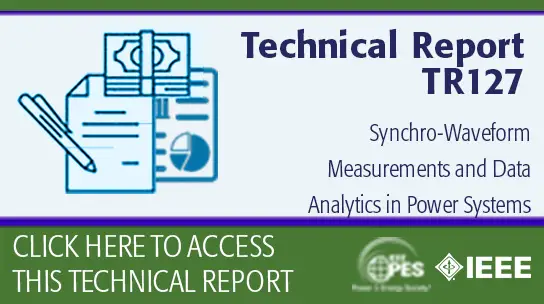The Interplay Between Energy Efficiency and Demand Response for Smart Buildings: Implications for Power Systems - Part I (slides)
* 21PESGM2316, Identifying EE and DR Interactions at the Utility System-Level and Driving Resource Co-benefits: A. SATCHWELL, Lawrence Berkeley National Laboratory * 21PESGM2318, Data-Driven Estimation of the Relationship between Energy Efficiency and Demand Response: R. JAIN, Stanford University * 21PESGM2789, Buildings as Batteries: Challenges to Measuring Demand Response Efficiency: J. MACDONALD, Lawrence Berkeley National Laboratory * 21PESGM2790, Efficiency Impacts of Load Shifting Using Global Thermostat Adjustment in Commercial Building HVAC: A. KESKAR, North Carolina State University * 21PESGM3006, TBD: C. SHAPIRO, US Department of Energy * 21PESGM3007, TBD: C. SHAPIRO, US Department of Energy
-
Members: $5.00PES
IEEE Members: $10.00
Non-members: $20.00Pages/Slides: 67
28 Jul 2021
Traditional energy efficiency and demand response programs and measures are not well coordinated; however, a substantial body of emerging research and practical deployments is finding that actions taken to improve building energy efficiency affect demand response capabilities and vice versa. This panel will bring together a group of academic researchers, national laboratory researchers, and industry professionals from the power systems and smart buildings communities to discuss recent findings on the interplay between energy efficiency and demand response, and to propose ways to improve both energy efficiency and demand response through integrated approaches.
Chairs:
Johanna Mathieu, University of Michigan, Shunbo Lei, University of Michigan
Sponsor Committees:
Smart Buildings, Loads &, Customer Systems



